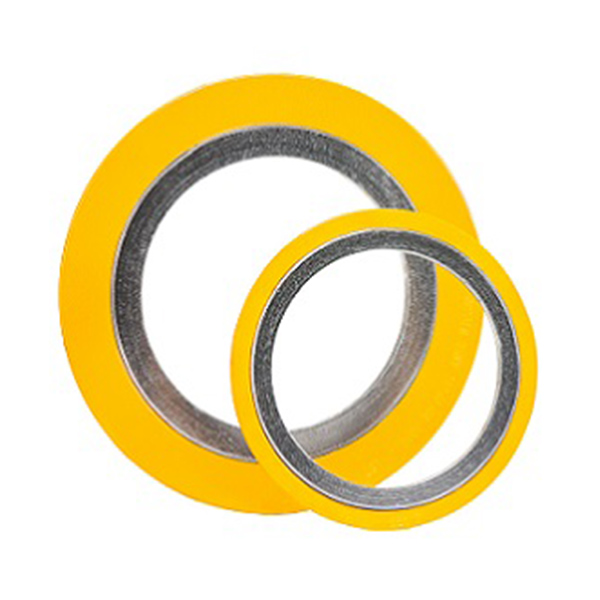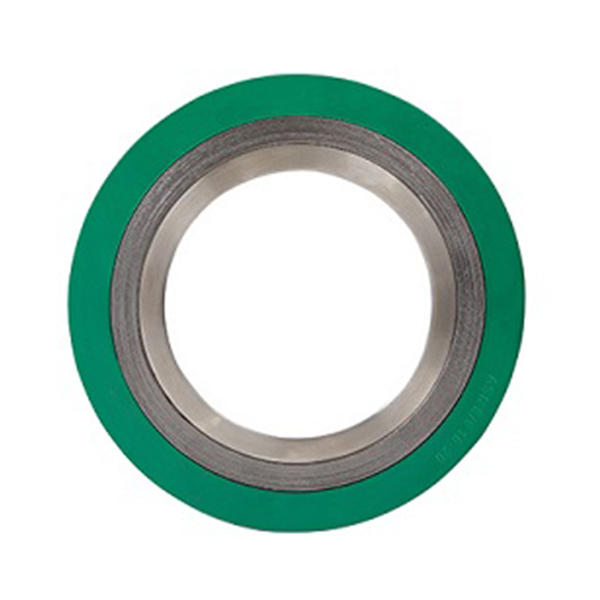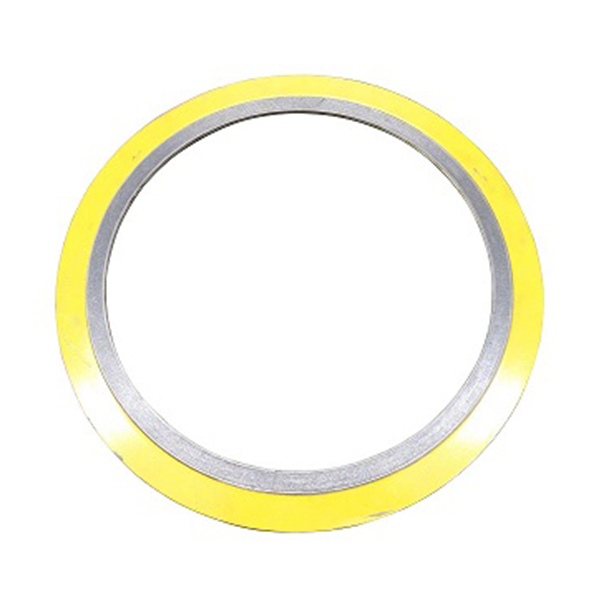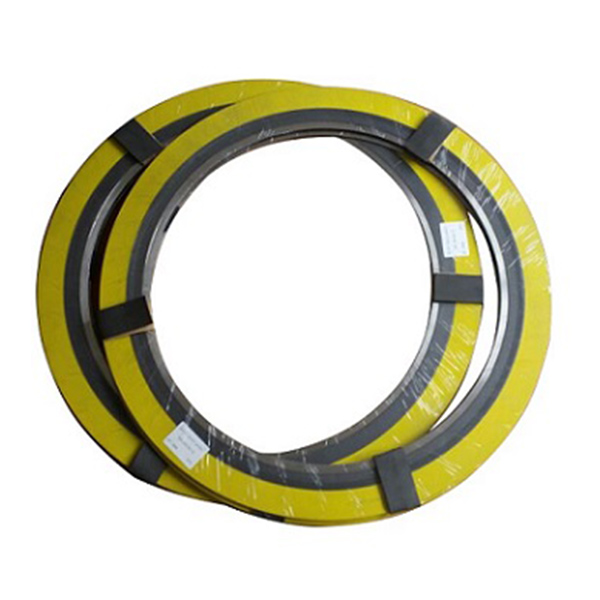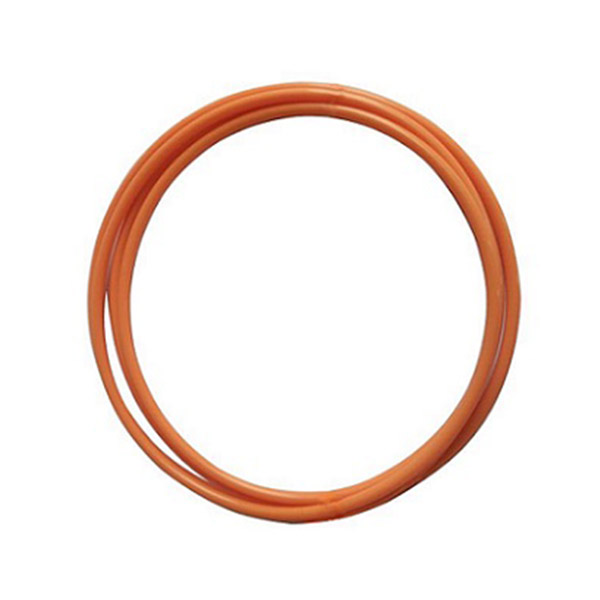- Gaskets
- Spiral Wound Gaskets
- Expanded Graphite Gaskets
- Ring Joint Gaskets
- Corrugated Gaskets
- PTFE Gaskets
- Double Jacket Gaskets
- Asbestos Rubber Gaskets
- Serrated Gaskets
- Non-asbestos Gaskets
- Gasket Tape
- Copper Gaskets
- Flange Insulation Gasket Kits
- Rubber Gaskets
- Ceramic Fiber Gaskets
- Rubber O Ring
- Rubber-steel Metal Gaskets
- Braided Packing
- Compression Sheets
- Sealing Materials
- Insulation Products
- Sealing Machines
- Sealing Tools
- Ptfe Products
Orange Color Teflon Fep Tubing
Orange Color Teflon Fep Tubing (Fluorinated Ethylene Propylene) is the preferred material in production of small diameter tubing of continuous lengths. While some temperature resistance is sacrificed with FEP (to 400º F), its chemical and dielectric properties are similar to those of PTFE.
Model:KXT FEP1125
Send Inquiry PDF DownLoad
Orange Color TEFLON Fep Tubing KXT FEP1125


FEP Tubing (Fluorinated Ethylene Propylene) is the preferred material in production of small diameter tubing of continuous lengths. While some temperature resistance is sacrificed with FEP (to 400º F), its chemical and dielectric properties are similar to those of PTFE. FEP tubing is a clear tubing that is an economical choice for applications requiring chemical resistance and a broad temperature exposure. FEP Tubing offers excellent clarity which makes it ideal for sight glass/flow monitoring applications. FEP Tubing has a slightly higher coefficient of friction, lower continuous service temperature, and is more transparent then PTFE. FEP Tubing also has better gas and vapor permeability properties and excellent UV transmission ratings.
FEP Tubing comes in a wide range of standard sizes and custom sizes are available upon request. FEP Tubing is also available in coiled tubing that can be ordered in various sizes, lengths, special sizes and colors to meet your needs.
Advantages
• Working temperature from -200°C to +205°C
• Not hygroscopic (water absorption <0.01%)
• Lower melting temperature than PTFE
• Low dielectric constant (insulating)
• Very low coefficient of friction
• UV resistant (does not age)
• More flexible than PTFE
• FDA approval
• No stick., etc
Application
• Fluid Transfer Devices and Water Processing Systems
• Chemical & Pharmaceutical Manufacturing
• Aerospace &Transportation Technology
• Components & Insulators
• Environmental Sciences
• Food Processing,
• Air Sampling
• Electronics
FEP Data Sheet
|
Property |
Value |
Unites |
Method |
|
Mechanical Properties |
|||
|
Tensile Strength, 23°C |
14.5-21 |
Mpa |
|
|
Elongation at break, 23°C |
240-300 |
% |
|
|
Flexural strength, 23°C |
No break at flexure |
|
D 790 |
|
Impact Strength |
No break |
|
|
|
Yield Strength at 23°C |
12 |
Mpa |
|
|
Density |
2.15-2.17 |
gm/cu.cm |
|
|
Thermal Properties |
|||
|
Coefficient of Linear Expansion 20-100°C |
12 x 10-5 |
K-1 |
D 696 |
|
Melting Point |
253-282 |
°C |
|
|
Thermal Conductivity |
0.209 |
w/m/deg k |
|
|
Serevice Temperature |
-250-200 |
°C |
|
|
Processing Temperature |
370-395 |
°C |
|
|
Electrical Properties |
|||
|
Dielectric Strength, short time, 2mm |
MV m-1 |
|
|
|
Surface Arc-Resistance |
>300 (does not track) |
sec |
D 495 |
|
Volum Resistivity, dry, @ 50% RH |
>1018 |
ohm-cm |
D 257 |
|
Surface Resistivity @ 100# RH |
>1016 |
ohm/sq |
D 257 |
|
Dielectric Constant, 60 to 2 x 109 cps |
2.1 |
ε |
D 150-81 |
|
Dielectric Strength |
13-100 |
Kv mm-1 |
D 149 |
|
Dissipation Factor @ 60Hz - 1 MHz |
<0.0001 |
|
D 150-81 |
|
Other Properties |
|||
|
Refractive Index |
1.344 |
nD 25 |
D 524 |
|
Water Absorption |
<0.01 |
% |
D 570-81 |
|
Flame Rating+ |
VE-0 |
|
UL-94 |
|
Limiting Oxygen Index |
95 |
% Oxygen |
D 2863 |
|
Resistance to Weathering |
Excellent |
|
|
|
Specific Gravity |
2.1-2.3 |
|
D 792-66 (1979) |
|
Coefficient of friction |
0.27-0.67 |
|
D 1894 |


